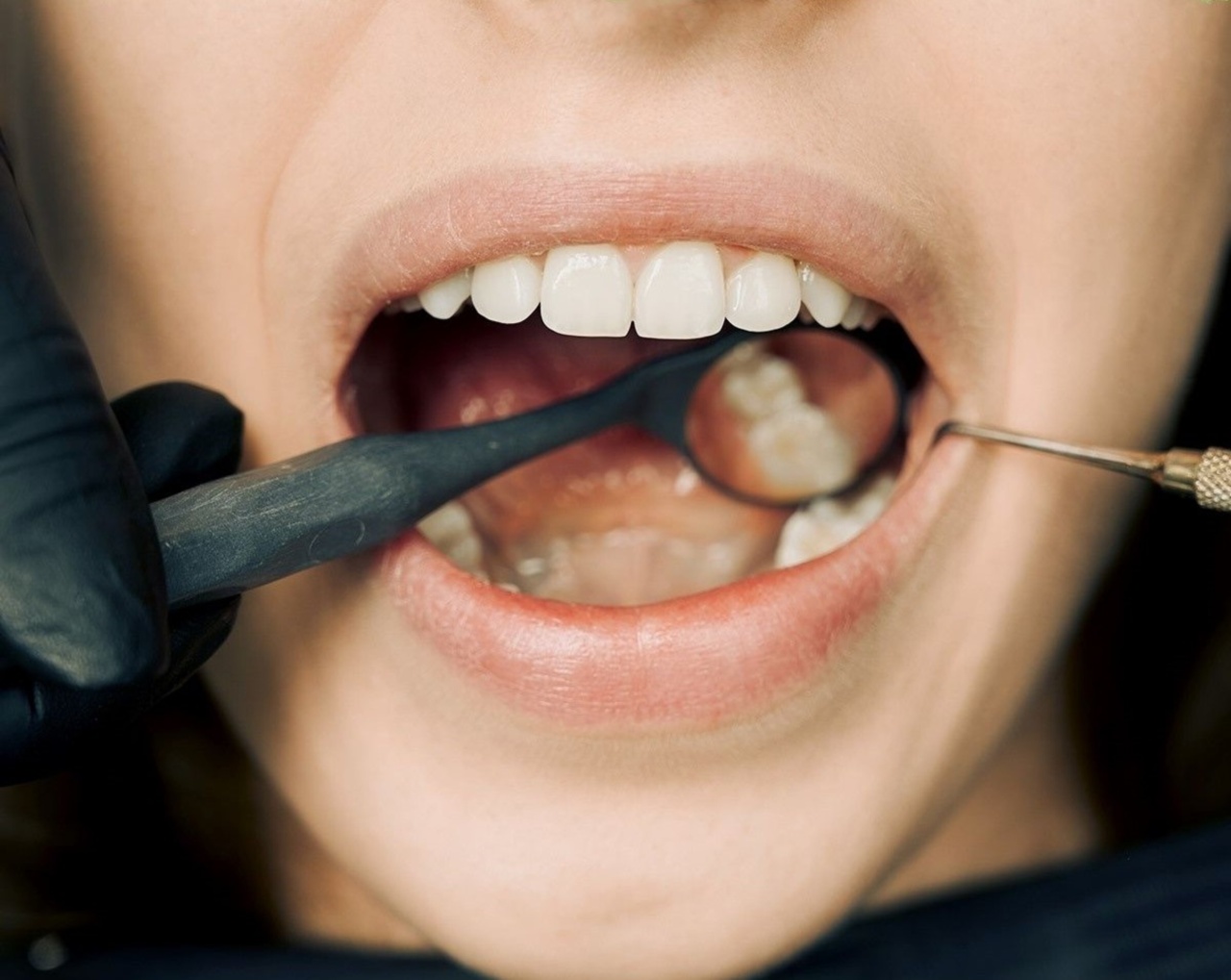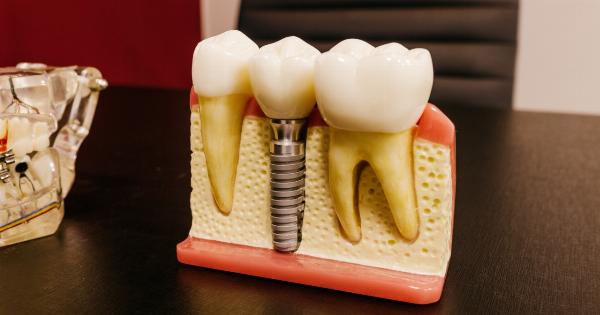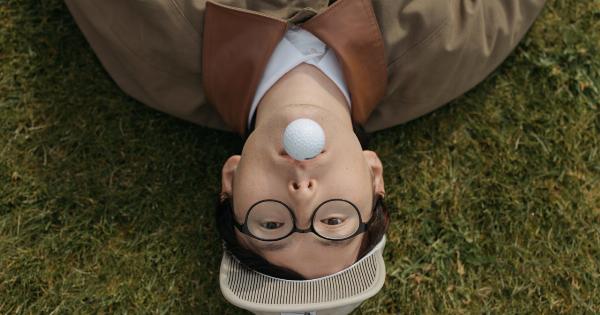Oral sores are painful or uncomfortable lesions that occur in the mouth. These sores can make it difficult to eat, drink, speak, and even breathe. There are various types of oral sores with different causes.
Knowing the causes can help in identifying the appropriate treatment for each type of oral sore.
Canker Sores
Canker sores, also known as aphthous ulcers, are small, shallow sores that appear anywhere in the mouth. They commonly occur on the inside of the lips, cheeks, tongue, and the back of the throat.
These sores are not contagious and are often triggered by stress, trauma, hormonal changes, or certain foods such as citrus fruits, chocolate, and coffee. People with weakened immune systems and those with gastrointestinal diseases like Crohn’s disease and celiac disease are also at a higher risk of developing canker sores.
Most canker sores heal naturally after a week or two. Over-the-counter topical creams, mouth-washes, and gels that contain benzocaine can relieve pain and speed up the healing process.
In some cases, a prescription mouthwash or steroid gel may be prescribed by a dentist or doctor to alleviate pain and reduce inflammation.
Cold Sores
Cold sores, also known as fever blisters, are small fluid-filled blisters that form on or around the lips.
They are caused by the herpes simplex virus (HSV), which stays dormant in the body until triggered by certain factors such as illness, stress, or sun exposure. Once reactivated, the virus travels to the surface of the skin, causing the development of painful cold sores.
Cold sores are highly contagious, and they can be spread through close contact such as kissing or sharing utensils.
There is no cure for HSV, but antiviral medications such as acyclovir, valacyclovir, and famciclovir can help shorten the duration of cold sores and reduce the frequency of outbreaks. Applying ice packs and ointments containing docosanol or lidocaine can also relieve pain and discomfort.
Thrush
Thrush, also known as oral candidiasis, is a fungal infection that affects the mouth and throat. It is caused by an overgrowth of the fungus Candida albicans, which is normally present in the mouth in small amounts.
Thrush is commonly seen in babies, people with weakened immune systems, and those who take antibiotics or corticosteroids.
The symptoms of thrush include creamy white lesions on the tongue, gums, tonsils, and the back of the throat. These lesions can be painful and may bleed when scraped.
Treatment for thrush includes antifungal medications such as nystatin, clotrimazole, and fluconazole. Good oral hygiene practices such as brushing the teeth twice a day, flossing, and using an antiseptic mouthwash can help prevent the recurrence of thrush.
Leukoplakia
Leukoplakia is a condition that causes white or gray patches to form on the tongue, gums, and the inside of the cheeks. The condition is linked to tobacco use, especially smokeless tobacco, and it can increase the risk of oral cancer if left untreated.
Leukoplakia can also be caused by chronic alcohol use, certain medications, and an unhealthy diet.
Treatment for leukoplakia depends on the severity of the patches and the underlying cause. If the patches are caused by tobacco use, quitting smoking or using smokeless tobacco products is essential to prevent further damage to the mouth.
For people with severe leukoplakia, biopsy or surgical removal of the patches may be necessary.
Herpangina
Herpangina is a viral infection that causes small red bumps to appear on the roof of the mouth, throat, and tonsils. The condition is caused by the coxsackievirus, which is spread through contact with infected saliva or feces.
Herpangina is mostly seen in children, and the symptoms include sore throat, fever, headache, and loss of appetite.
Treatment for herpangina involves managing the symptoms with pain relievers such as acetaminophen or ibuprofen. Over-the-counter numbing sprays or lozenges can also help reduce the pain and discomfort associated with herpangina.
It is important to stay hydrated and avoid spicy or acidic foods as they can further irritate the mouth.
Mucocele
Mucocele is a harmless cyst that forms on the inside of the lower lip, tongue, or cheeks. The cyst is caused by a blocked salivary gland, which results in the accumulation of saliva in the tissue.
Mucoceles are painless and usually clear up on their own within a few weeks.
If a mucocele becomes too large or interferes with eating, speaking, or chewing, a doctor or dentist may recommend surgical removal of the cyst.
The procedure is simple and involves making a small incision to remove the cyst, and it can be done under local anesthesia.
Hairy Tongue
Hairy tongue is a condition that causes the tongue to appear hairy or furry due to an overgrowth of bacteria or yeast on the surface of the tongue.
The condition is often caused by poor oral hygiene, chronic smoking, and the use of certain medications such as antibiotics and diuretics.
Treatment for hairy tongue involves improving oral hygiene by brushing the tongue gently twice a day and using an antiseptic mouthwash.
If the condition does not improve with these measures, a dentist may recommend the use of a tongue scraper or prescribe a topical antifungal medication.
Mouth Ulcers
Mouth ulcers are painful sores that form on the lips, gums, tongue, and the inside of the cheeks. They are often caused by trauma, poor oral hygiene, and viral or bacterial infections.
Recurrent mouth ulcers can be a sign of an underlying health condition such as celiac disease, Behcet’s disease, or lupus.
The treatment for mouth ulcers depends on the cause. Most mouth ulcers heal on their own within a week or two. Over-the-counter ointments containing benzocaine or hydrogen peroxide can help reduce pain and inflammation.
In severe cases, a dentist or doctor may prescribe corticosteroids or immune-suppressing medications to reduce the severity and frequency of mouth ulcers.
Foods to Avoid
People with oral sores are advised to avoid certain foods that can irritate the mouth and delay the healing process. These foods include spicy and acidic foods, alcohol, caffeine, and nuts.
Soft, bland foods such as yogurt, pudding, mashed potatoes, and broth can help ease the pain and discomfort associated with oral sores.
Conclusion
Oral sores can be painful and uncomfortable, and they can interfere with normal activities such as eating, speaking, and drinking. Knowing the cause of the sore can help identify the appropriate treatment.
Good oral hygiene practices and avoiding certain foods can help prevent the recurrence of oral sores.




























